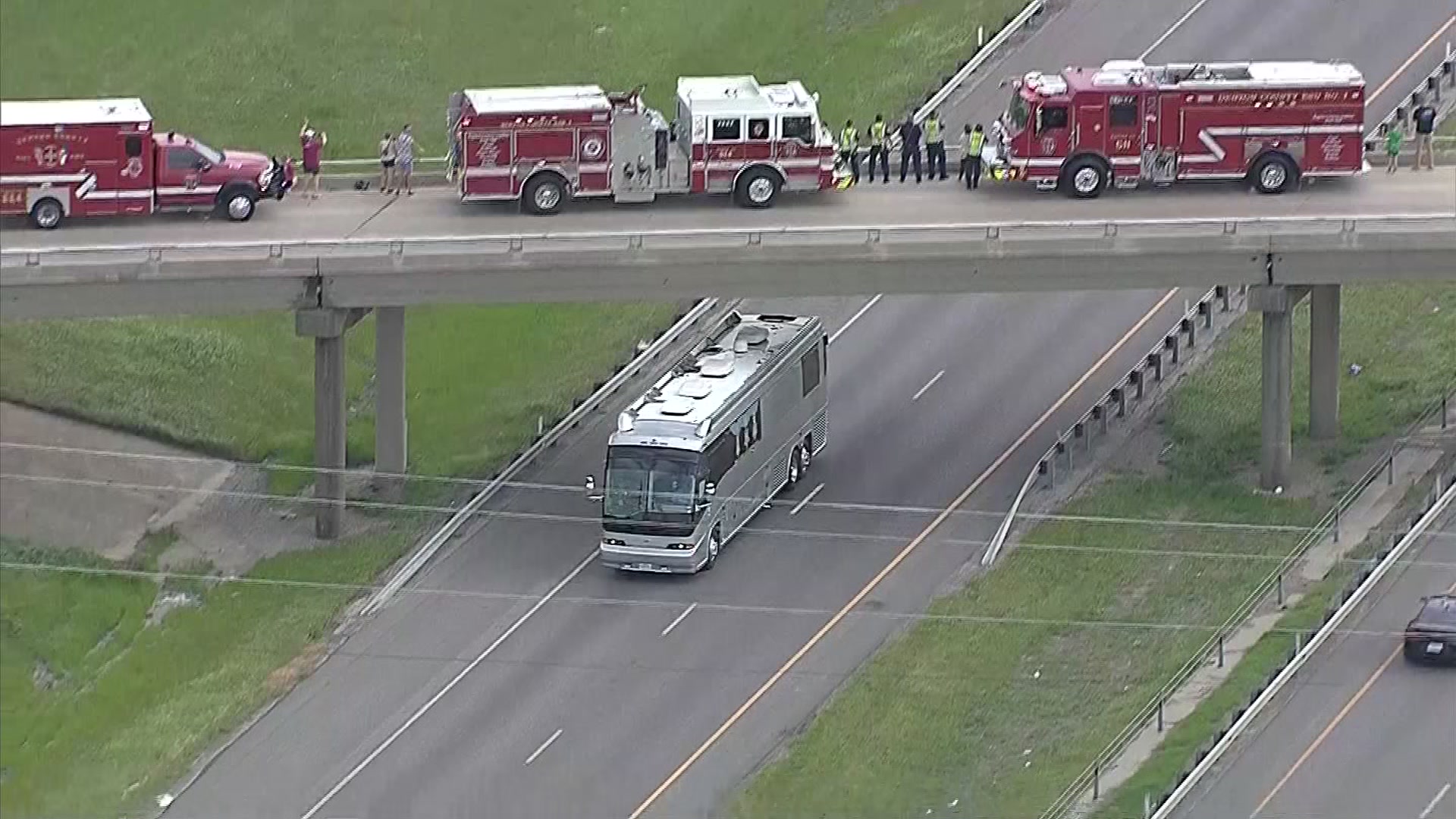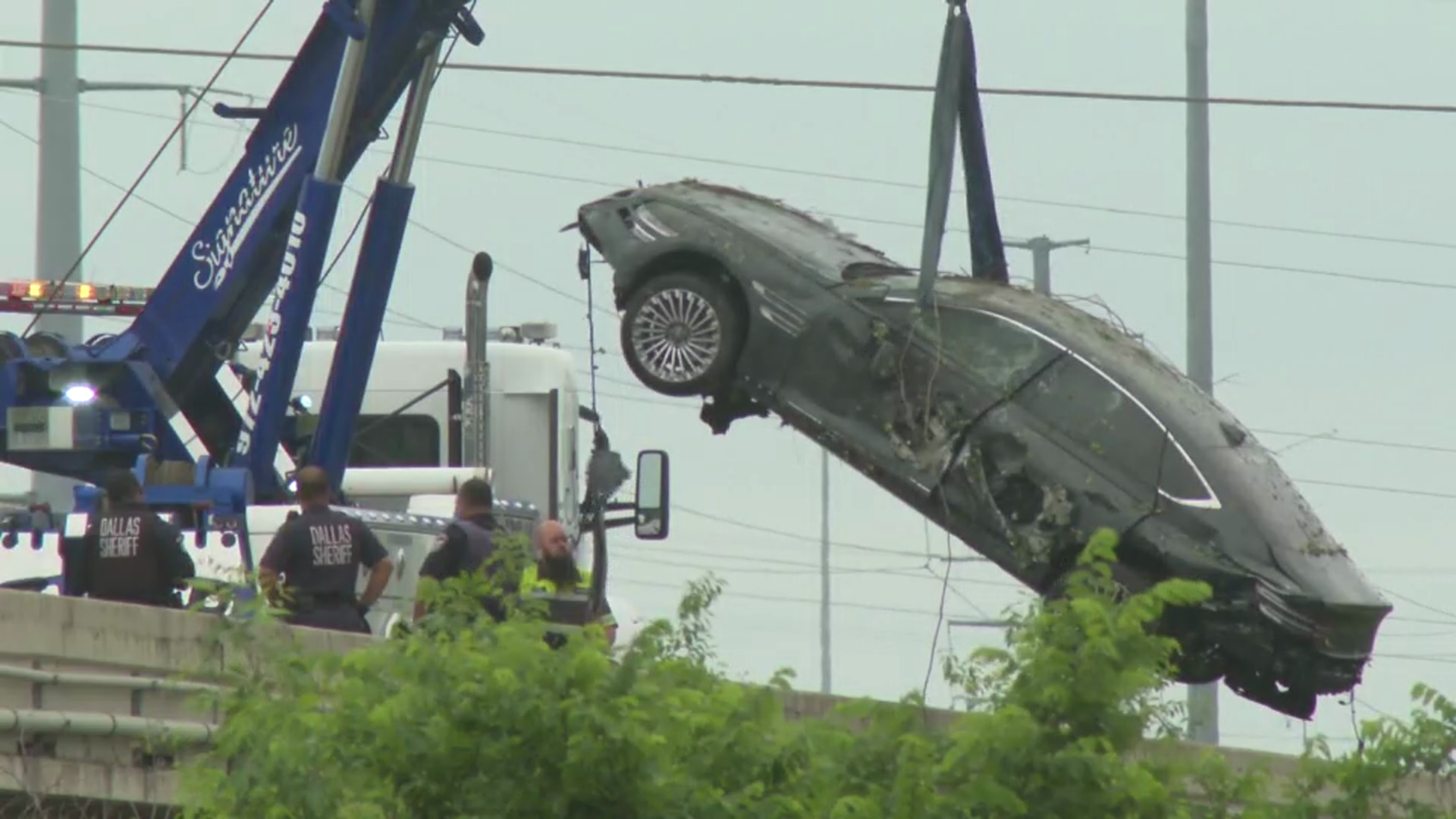On Thursday afternoon the Center for Disease Control and Prevention urged people across the country not to travel for Thanksgiving as coronavirus cases continue to soar.
"I think this message today is particularly important for us here in North Texas because our numbers are not doing well," said Dr. John Carlo, who is a member of the Texas Medical Association COVID-19 Task Force. "Our case rates, our hospitalizations are up. In our ICU, admissions are up. So, you know, this area is a hot spot right now, and so I do think we need to take particular caution in really think carefully about our Thanksgiving plans in light of the fact that this week, especially, we're seeing a lot of cases here in North Texas."
During a briefing on Thursday is when the CDC's COVID-19 incident manager, Dr. Henry Walke, expressed recommended against traveling this Thanksgiving. The fear is travelers in airports, bus, and train stations, wouldn't be able to social distance if there's an influx of people.
"If you have the option to drive instead of fly, that could help because gathering in airports could be a riskier place," said Tiffany Radcliff, Ph.D. who is a professor and associate dean for research at the Texas A&M University School of Public Health.
The CDC recommends suggests people celebrate Thanksgiving either virtually or only with people who currently live in the same home. But with thousands of college kids expected to come back home for the break,
"As we start seeing our universities break and kids go back to their families, be careful, be careful of what you do, don't be a turkey. It's time to follow the rules still even though you're leaving campus," said Nim Kidd, the chief of the Texas Division of Emergency Management, during a press conference in Lubbock with Gov. Greg Abbott.
Local
The latest news from around North Texas.
The CDC said if people are going to gather, it suggests the following tips to minimize the spread:
- Check the COVID-19 infection rates in areas where attendees of the dinner live.
- Limit the number of attendees.
- Host the gathering outdoors, if possible.
- Increase ventilation by opening windows and doors, or by placing central air and heating on continuous circulation. More information on increasing ventilation in your home can be found here.
- Make sure people are sitting 6 feet away, even outdoors.
- Wear a mask at all times, except when eating and drinking.
- Avoid singing or shouting, especially indoors.
- Avoid potluck-style gatherings.
- Have one person who is wearing a mask serve all the food so that multiple people are not handling the serving utensils.
- Have single-use options or identify one person to serve sharable items.
"If anybody in the group is showing any signs or symptoms and this is even mild signs and symptoms like you know loss of taste of smell, just even a cough or congestion sore throat, just not feeling well, they need to stay home," said Carlo.
He said if people do decide to have guests over, deciding how to approach the situation is based on each individual circumstance. Such as if someone over the age of 65 lives there or someone with an underlying health condition.
"Each of these decisions we all ultimately make, it's a risk-benefit decision, and I just hope we take all of those things into account," said Carlo.
Doctors continue to remind people that the virus doesn't know whether somebody is a stranger or a friend. Health professionals are urging people not to let their guard down just because they're around someone they know.
Carlo said assume anyone that you're around may be infectious. He suggests if people are going to gather, to visit at a distance, stay outside more often or sitting at separate tables.
"There's no one size fits all, for all this, but I think there is some good basic guidance if we all just follow that, we're going to be in pretty good shape. Again it's the mask use, physical distancing, handwashing, staying at home when you're sick and limiting the number of outside household gatherings that you go to," explained Carlo.
*Map locations are approximate, central locations for the city and are not meant to indicate where actual infected people live.



